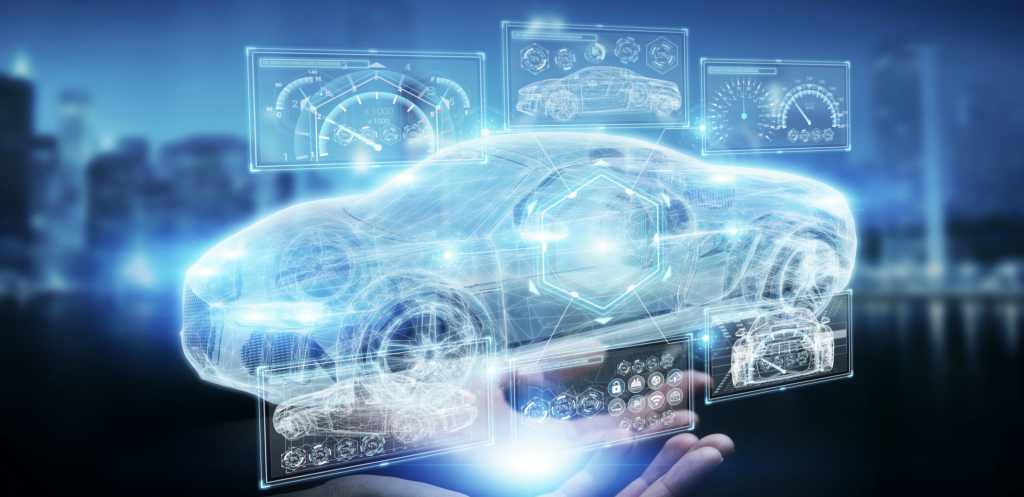As virtual reality innovators imagine it, our future could become increasingly intertwined with the metaverse. A futuristic integration of the digital and physical worlds, the metaverse offers a new platform for social interaction, commerce and entertainment. This space opens up enormous possibilities, and automotive giants like Porsche are exploring this virtual frontier and considering how to merge their renowned designs with this digital universe.
Nvidia’s Omniverse: A Catalyst Innovation
The shift towards virtual car development is gaining momentum, led by US chipmaker Nvidia with its ‘Omniverse’ platform. This technology will revolutionize the industry by creating digital twins of factories, enabling robot training in simulated environments and facilitating live collaboration between developers around the world. The Omniverse allows elements of vehicle development to be transferred into the virtual domain, where digital twins and simulated environments become essential tools.

Porsche’s Metaverse Strategy: Combining innovation with tradition
Porsche recently shared insights about how the engineers could soon use the metaverse to revolutionize vehicle design. In a statement from their newsroom, Porsche explained that designers can use virtual environments to create and test different interior options, allowing potential buyers to act on these designs much earlier in the development cycle. Furthermore, Porsche is considering handing over vehicle development to digital bots operating in virtual departments, signaling a significant shift towards digital innovation in car manufacturing.
With its range of technologies and models, Porsche technology could potentially enhance the metaverse with real-life scenarios. Imagine virtual test drives in a metaverse, where avatars could purchase Porsche sports cars from digital dealerships.
These cars, represented in the Metaverse as NFTs via blockchain technology, are said to mirror the exclusivity of their physical counterparts. In the not-so-distant future, Porsche enthusiasts will be able to gather virtually for events like ‘Cars & Coffee’ to showcase and discuss their digital sports cars.
Consumer adaptation is crucial
In March, Kia Germany unveiled its Metaverse dealership on Engage. This virtual store can be accessed via mobile devices and computers. Yet it is the VR headset that offers the most engaging experience. Visitors could use their digital avatars to explore a virtual showroom, interact with cars and view service areas.
The transition to a metaverse-centric automotive world depends on consumer acceptance. Although virtual environments can mimic reality, they may not be able to replicate the dynamic, tangible experiences of the physical world. However, the potential for engaging, interactive experiences in the metaverse is undeniable.
Automotive leaders like Porsche must balance the excitement of real-world driving with the possibilities of the virtual world, creating an experience that appeals to traditional car enthusiasts and digital fans alike. According to Porsche Newsroom, “the fun that can be experienced in a virtual environment could certainly be real.”
Main image credit: redcharlie
The post The Metaverse: a new route for Porsche? first appeared on NFT News Today.
Source link
